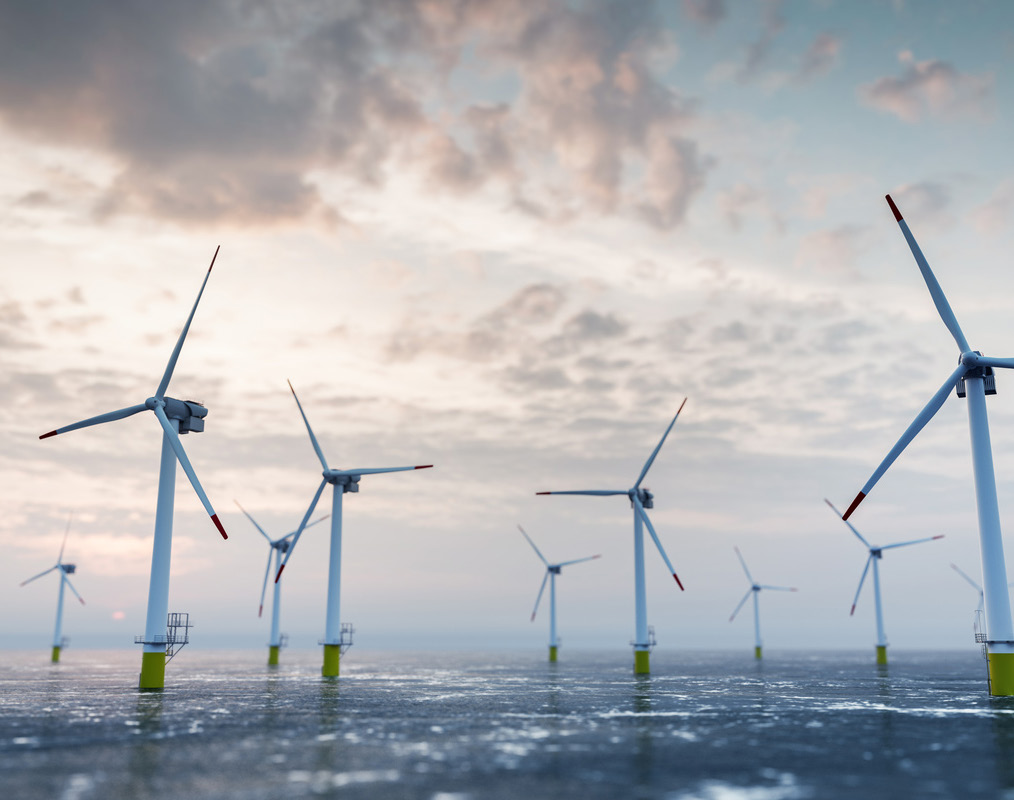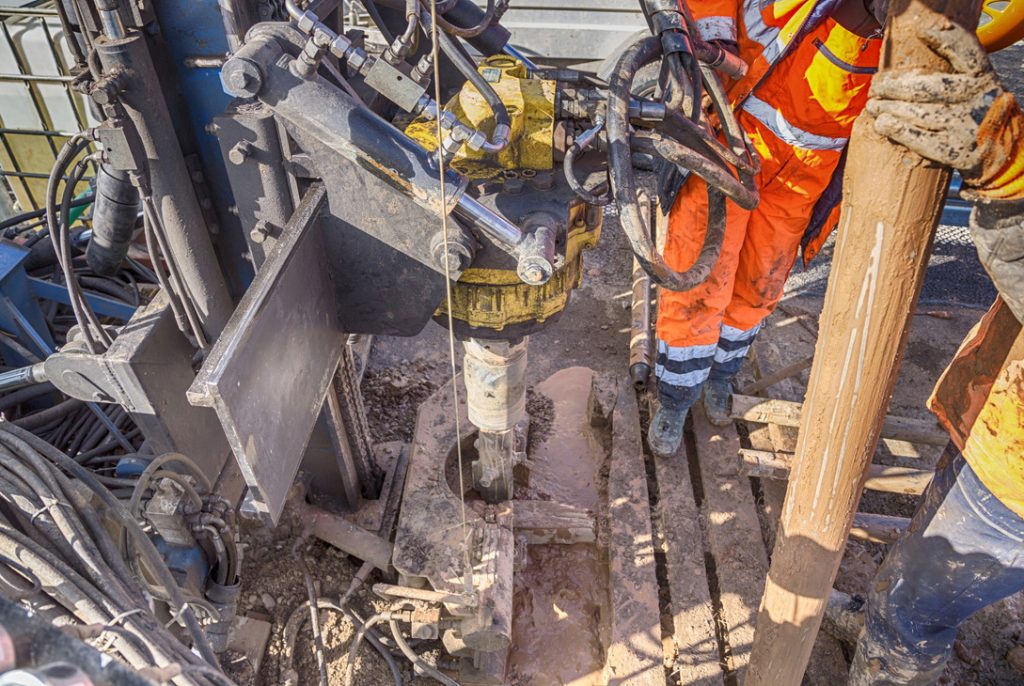Expert engineering service providers and suppliers, Geelink Zimbabwe delivers safe, well-executed, capital-efficient engineering, procurement, and construction (EPC) projects to clients throughout Zimbabwe. Incorporated in 2013 and becoming operational in March 2021, the consulting firm also provides professional and technical solutions for the renewable energy and conventional energy sectors. In this Q&A, Engineer Robson Chikuri speaks to Martin Chemhere, Writer at Energy & Power Insider Magazine about his power consulting firm and more.

Background
Energy & Power Insider Magazine (E&PI): What inspired you to start a power development consulting company in Zimbabwe?I have been in the energy and power sector for 30 years. I have been developing power-related projects for original equipment manufacturers (OEMs). When I moved back to Zimbabwe ten years ago, to start working for the national utility company ZESA, I established a company that remained dormant until two years ago. During my tenure with ZESA, ZPC to be specific, I led a team
of young professionals to develop a world class projects department. We executed proficiently the Kariba South Extension and Hwange Expansion Projects. I then realised that we were over reliant on expatriate consultants who were making use of local experts. It was only then that I took a bold decision to run my own consultancy.
E&PI: What is your educational background and professional experience in the power sector?
I hold a BSc Engineering Honours Degree (University of Zimbabwe). I am an expert in project management, project development, thermal power engineering, procurement and construction (EPC) contracting and operations and maintenance (O+M), renewable energy feasibility studies, public private partnerships, advisory services, and so on.

E&PI: How long has your company been operating, and what are some of your key accomplishments to date?
The company was established in 2013 and only became operational 2 years ago. We have successfully carried out two feasibility studies for grid-tied Solar PV power plants. One was for a local developer and the other one is for a Public Private Partnership with an international developer. They are both licensed and on their way to financial closure and draw-down in the next quarter or two of 2024.
Challenges and opportunities: E&PI: What are the biggest challenges facing Zimbabwe’s power sector today?
The bankability of Power Purchase Agreements and the reward system of experts are key aspects that must be intentionally addressed.
E&PI: What are the most promising opportunities for power development in Zimbabwe?
Off-grid solutions and distributed power generation, coupled with the privatization of the distribution and retail market are the key opportunities for Zimbabwe and foreign investors.
E&PI: How do you see the Zimbabwean power sector evolving in the next 5-10 years?
With more than 400 000 households not yet connected to the national grid and a huge demand for energy by the manufacturing and mineral process entities, the generation capacity needs to be increased from the current levels to more than 4500MW before 2028, and to 11000MW by 2033. This needs more than the government alone. Households need to be on board as well as commercial and industrial entities. The net metering system may then be converted to net billing. The distribution grid needs to be modernized and smartened. If we don’t act now the situation may become dire by then.

Services:
E&PI: What role does consulting play in addressing Zimbabwe’s power challenges and unlocking opportunities?
We look at the needs and provide solutions to meet those needs. For example, we have the best irradiance throughout 300 of 365 days in a year. We have more than 200 dams with hydroelectric power potential. Wind is available contrary to what we were told before. The cost of Energy Storage Systems are almost reaching parity. As consultants we study and provide solutions on how every household, commercial and industrial entity can be supplied with electricity easily! We carry out studies and package bankable feasibility study reports and assist in raising funds for these projects. We assist in identifying EPC and O+M contractors, and others.
E&PI: What specific services does your company offer to power sector clients in Zimbabwe?
Together with our local and international partners, we carry out studies from pre-feasibility, feasibility studies, resource evaluations/energy yield assessments, assisting in the developing of appropriate agreements with government agencies, private players and off takers.
We carry out topographical surveys, geotechnical surveys, hydrological surveys and environmental and social impact assessments to local and international standards. We offer service as owner’s engineers and we are also O+M capable.
E&PI: How do you ensure that your consulting services are relevant to the specific needs of the Zimbabwean context?
Engineer Chikuri: I have worked for a world class OEM, Alstom, for more than 2 decades servicing the Zimbabwe power sector and the southern African region, coupled with the running of ZPC capital projects for eight years. I have developed, executed, operated and maintained the power sector assets in the region. I believe that my company knows what Zimbabwe needs more than many people realise. Our team of young professional are always learning and adapting to modern technologies.
Impact: E&PI: What impact does reliable and affordable power have on Zimbabwe’s economic growth and social development?
Engineer Chikuri: Imagine landing anywhere in Zimbabwe and being met by a magnificently lit skyline and orderly lit streets. People working three shifts, winter farming performed quietly, our goods and services competitive on the global market, hot water available 24/7, street vending being a personal choice. The sky is the limit!
E&PI: How can power development contribute to poverty reduction and improved livelihoods for Zimbabweans?
Engineer Chikuri: Proper power development has a measurable output in megawatts, the higher the output the bigger the outcomes. It results in the reduction of power imports, increased foreign currency reserves, reduced deforestation, reliable medical care, reliability of electrical equipment and gadgets. These outcomes have an aggregated impact on the GDP and overall benefit to the general populace and the sub-region. Electricity just needs to be a switch away.
E&PI: What role can renewable energy sources play in Zimbabwe’s power future?
Engineer Chikuri: We are in a period where coal and other carbon-related fuels are fast becoming stranded assets. The appetite for such investments is diminishing. The renewable energy transition is imminent. A 100% renewable energy socio-economic era is possible. We really need to modernize our grid and ensure we embrace energy storage systems.
Advice: E&PI: What advicewould you give to young Zimbabweans interested in pursuing a career in the power sector?
Engineer Chikuri: Firstly, I encourage our educators
to include energy and power as early as in grade 1 in the school’s curriculum. We need to be energy and power smart as early as kindergarten levels. There is plenty of scope and the rewards are fulfilling.
E&PI: What skills and qualifications are most important for success in the power sector?
Engineer Chikuri: All engineering fields, from semi-skilled, artisan, technicians and engineers. As well as those in finance, law, project management, safety, health, environment, quality, economics and so on. There is room for everyone.
E&PI: What are some of the most exciting trends and developments to watch in the power sector? Engineer Chikuri: Hybrids of solar, wind and battery storage systems, and smart grids are the way to go.

